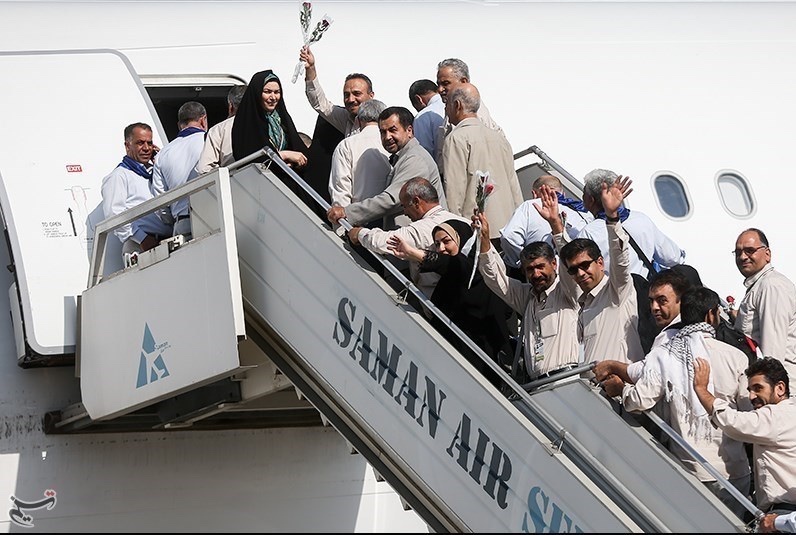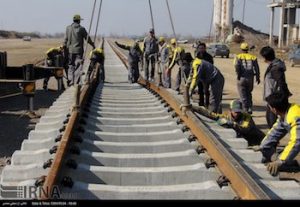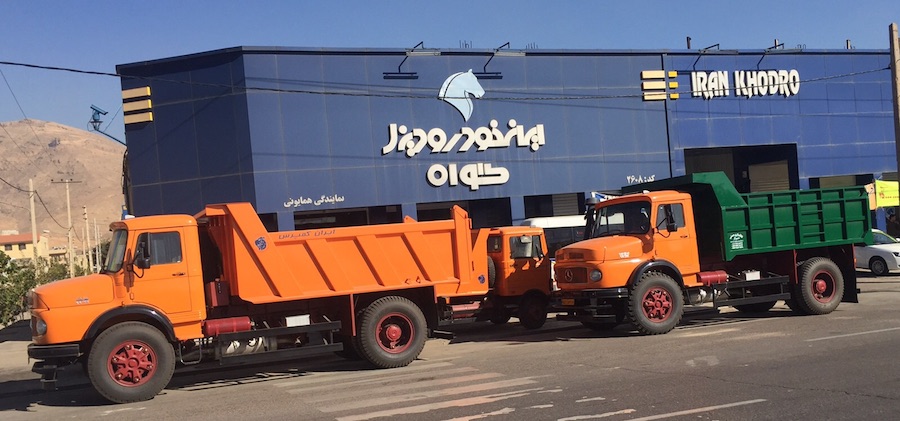
Taking off for Hajj
The Hajj and Pilgrimage Organization announced that this year, 86,500 Iranian pilgrims will travel to Saudi Arabia via 335 flights for the Hajj. 179 of these flights will head to Medina and the remainder will go to Jeddah. These flights will take off from 20 airports across the country. “The first group of Iranian pilgrims will head to Saudi Arabia on July 31st and the last group of Iranian pilgrims will return to Iran on September 25th”, said the Director General of Planning at the Hajj and Pilgrimage Organization, Kamran Akbari.
The Hajj is a mandatory religious duty for Muslims that must be carried out in the month of Dhu al-Hijjah in the city of Mecca, at least once in a lifetime, by all adult Muslims who meet a set of conditions. The cost of the pilgrimage is between 100 and 140 million IRR (2.400 to 3.400 Euros) for each Iranian based on the class of their caravan.
New electronic payment gate for Bank Melli
SADAD Electronic Payment Company has revealed their new portal allowing for the payment of tolls for leaving the country and traffic fines via smart phone applications. The CEO of SADAD, Mohammadmehdi Sadegh, said: “Travelers can pay the tolls at any land or air border without going to the bank simply by having their passport with them. In order to pay traffic fines, the user can enter their automotive registration number and the application will display a list of their fines. The user can then select to pay some or all of the fines.”
SADAD Electronic Payment Company is a subsidiary of SADAD Data Company and is Iran’s largest IT firm which is owned by The Melli Bank of Iran.
A new record in railway expansion
The Construction and Development of Transportation Infrastructures Company (CDTIC) has announced that the speed of railway track laying has surpassed the speed of supplying the necessary equipment. Confirming that the previous annual record for railway track laying was broken in the first 100 days of this year, Ali Zakery, Deputy of CDTIC, said: “Based on our statistics, so far, approximately 250 km of new railway tracks were annually laid. Meanwhile, this year the CDTIC has laid this amount of tracks in the first 100 days of the year.”
Read more
Virtual operators at Iranian communication market
The Communication Regulatory Authority of the I.R. Iran (CRA) announced that in the following days three virtual network operators will enter the Iranian market. In a visit to Tehran ELECOMP expo, the VP of CRA, Sadegh Abbasi Shahkooh said: “So far, five virtual network operator licenses have been issued and 20 agreements have been reached. Three of the operators are ready to offer SIM cards in the following days.”
Virtual network operators lack the physical infrastructure to send and receive data. Rather, they lease bandwidth at wholesale rates from telecom providers and resell them under their own brand.
Virtual network operators first started in Europe in 1990. Iran has now deemed them necessary for the development of its IT market.
Abbasi continued: “Due to a need for competition for customers, virtual operators are the best choice. Network providers in possession of their own telecommunication infrastructure have less incentive to create a competitive market and we hope virtual network operators which do not need to worry about infrastructure can focus on specialty topics and therefore provide better services to their customers.”
Iran – Telegram negotiations
In a visit to the ELECOMP expo, the Minister of Communications and IT, Mahmoud Vaezi announced that the transfer of Telegram servers to Iran is currently on hiatus and added: “Last year, in the National Center for Cyberspace we were tasked with negotiating with Telegram in order to transfer its servers to Iran. The negotiations were carried out and general agreements were reached. However, negotiations are still ongoing on the subjects of operations and framework.”
Related article: Telegram in Iran



